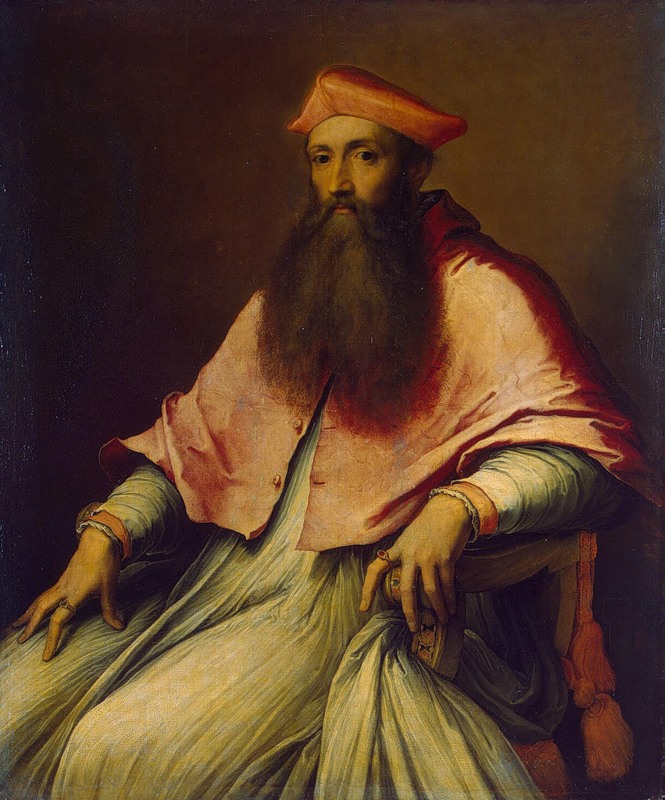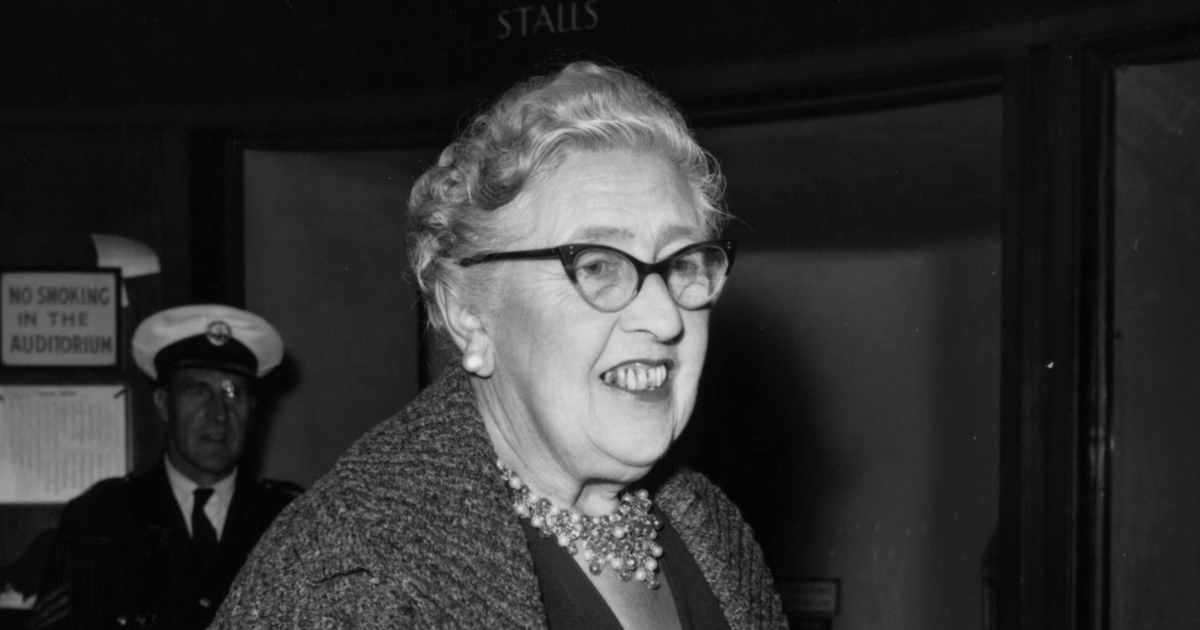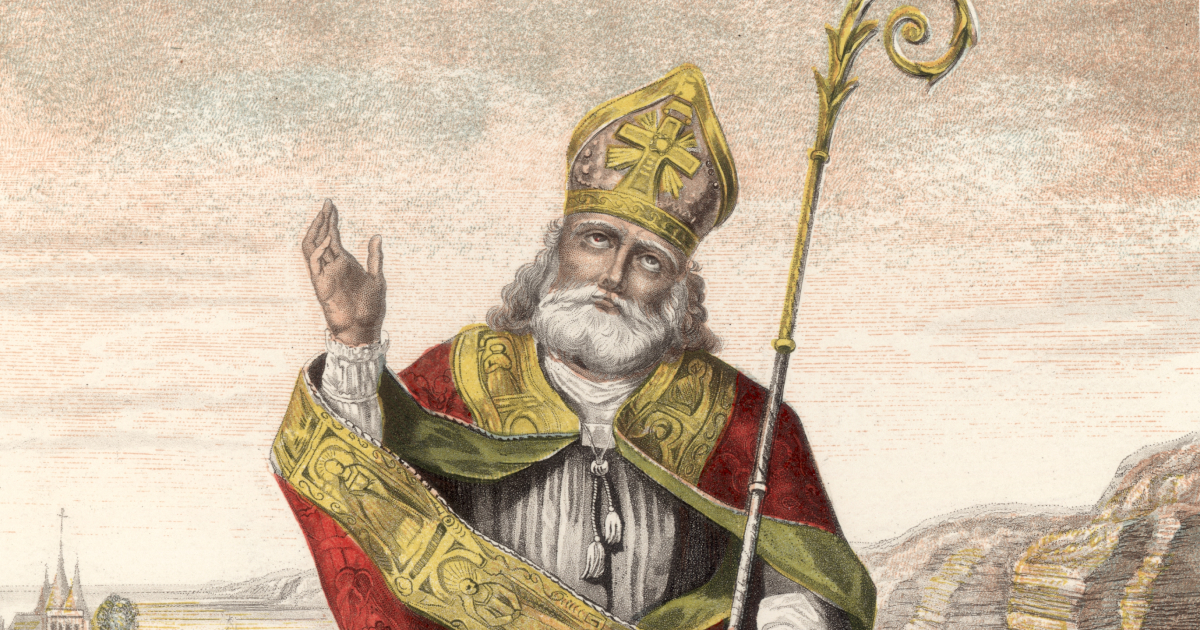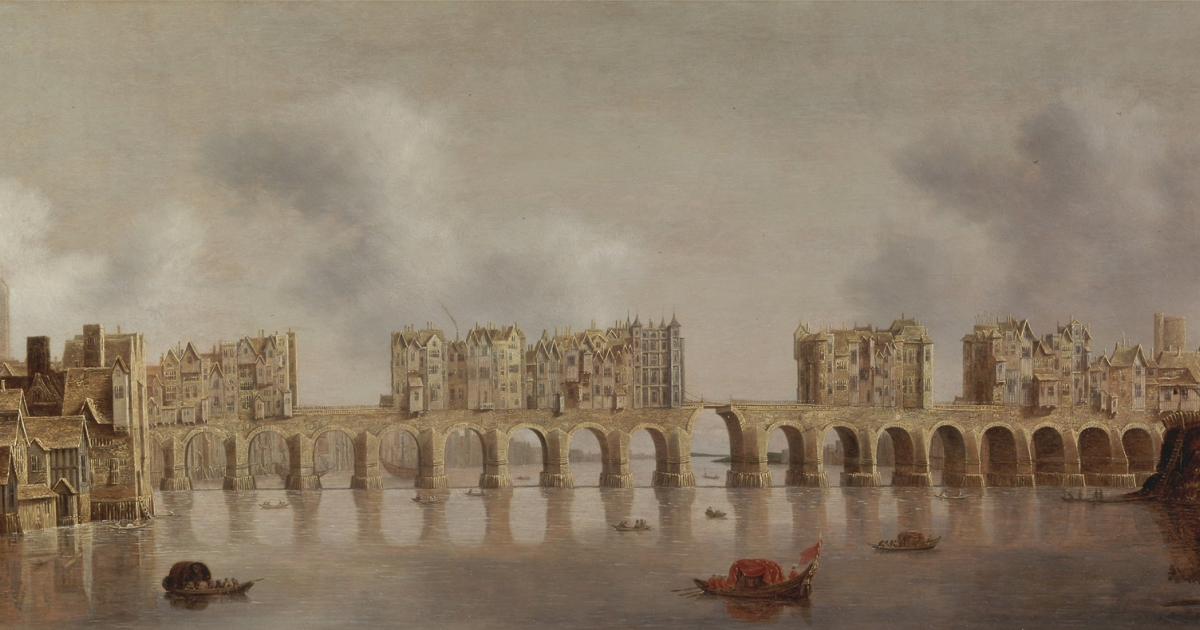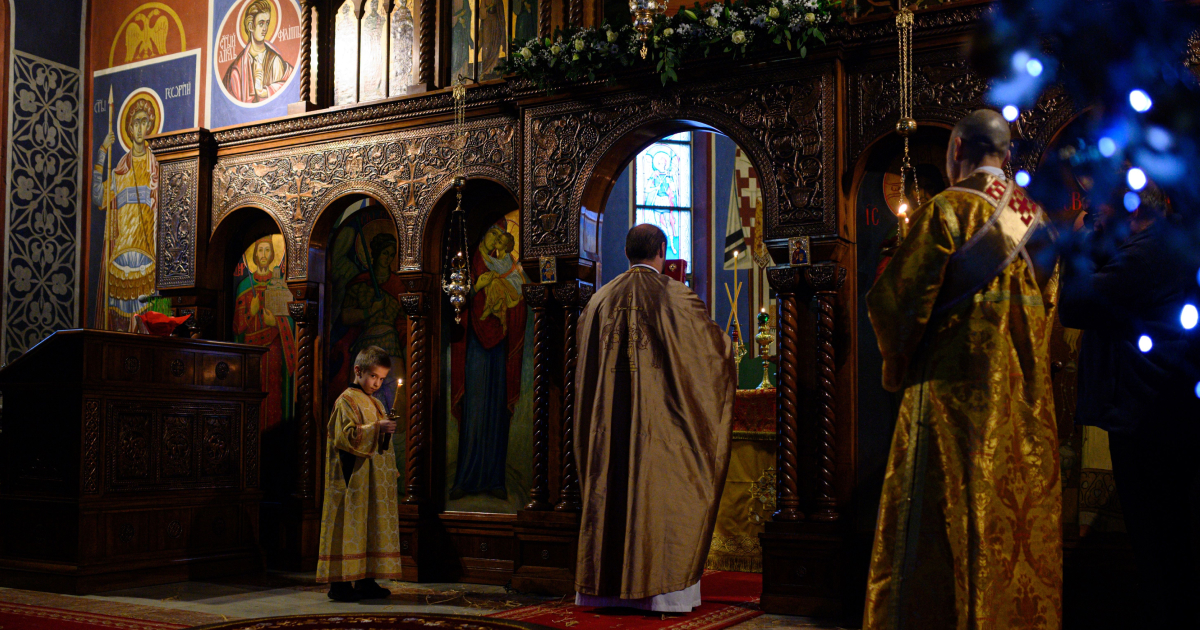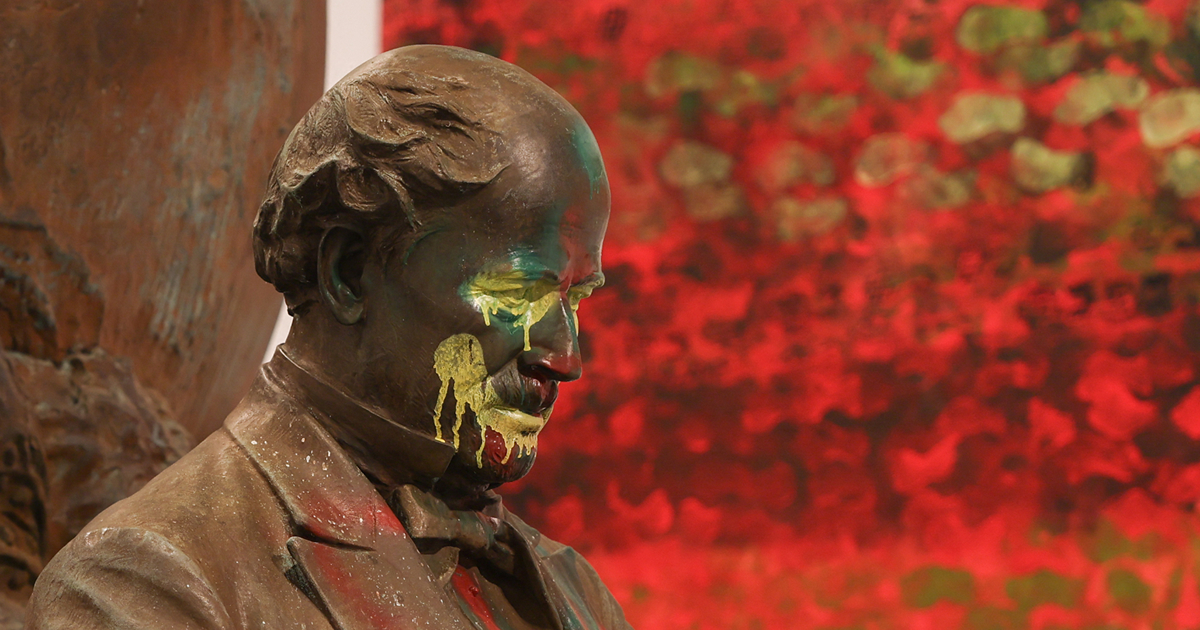The late Mgr Michael Williams concurred with Ronald Knox’s view that the study of history manifested the action of God in the world. Such study, arising from the free analysis of archival holdings and careful appreciation of associated evidence, was capable of producing for man a clear understanding of the Divine Plan. Williams saw in the history of man in relation to the world a movement of growth, freedom and development that would lead ultimately to a fulfilment of Messianic perfection.
Williams viewed his own scholarly endeavour in writing, teaching and sacerdotal work (with generations of students and those training for the priesthood) as part of a moving process. It was a journey based on a knowledge of perceived truth but was not necessarily circumscribed by any particular religious affiliation; rather, it was held secure in a widespread vision of virtue and charity. As for his own creed, Williams could have been happy to endorse Ronald Knox’s view that “it’s perfectly true, and more true than many people realise, that a good many of the world’s rogues are Catholics” – though Knox added that “a Cathoic does not necessarily cease to be a Catholic because he is a rogue.” As Thomas Norris observed in A Fractured Relationship (2007), only a schizophrenic approach “separates Church from Society, Revelation from History and Faith from Reason”. In his historical presentations of the colleges in which he taught – at Rome, on the Iberian peninsula and in Leeds – Williams maintained that love, the essential Christian virtue, often permeated and motivated the lives of their leading figures.
The editors. along with an important introduction by Fr Peter Phillips, have evidenced perspicacity in their selection of Williams’s writings that emphasise the interconnection of faith, culture and reality: attitudes that were prominent in their subject’s ecclesiastical commitment and beliefs. Readers of Williams’s historical writings, whether of his major studies of the Venerable English College or those at Valladolid, Seville and Lisbon, may also be familiar with his numerous historical analyses published in Recusant History (the former journal of the Catholic Record Society, since renamed British Catholic History) relating to Elizabethan and Jacobean understanding of their mission.
Most of the continental colleges founded subsequently to those at Douai and Rheims use the early precedents of the work of Cardinal Allen and/or Fr Robert Persons. In a series of articles in Recusant History from 1991 to 2002, Williams outlined the importance of seeing England’s national developments from an international perspective. He presented the Marian attempt to restore Catholicism in England – which reflected a Catholic renewal already taking place in Continental Europe, inspired by direction from Reginald Pole and Philip of Spain – but pointed out that it was important to recall that the Marian hierarchy, as established, was English in origin. Such emphasis was exemplary from an historian who was a European by nature and experience, convinced that international relationships were essential to the full understanding of subsequent recusancy and its trials.
A particularly valuable section focuses on cultural studies generally and particularly on film. Williams saw film as a work of art replete with emphases on values – love, justice, morals and commitments – which are all important matters for Christians. Even sin has a reference to the situation between Church and modern society. There is an interesting treatment among the essays on the work of Luis Buñuel, which attracted Williams by its portrayal of the human fears and hopes often affecting contemporary society and prominent in the concerns of Church adherents.
The concluding chapter is about the last days of the English College at Lisbon; it is fascinating not least for evidence demonstrating the neglect of the college by the English hierarchy, which contributed to its final demise in 1973. An appendix provides details of Williams’s full scholarly engagement in developmental order, presenting a valuable biographical listing of his life and work and also embracing his correspondence.
Professor V Alan McClelland is a former chairman of the Catholic Record Society, and was editor of Recusant History
The late Mgr Michael Williams concurred with Ronald Knox’s view that the study of history manifested the action of God in the world. Such study, arising from the free analysis of archival holdings and careful appreciation of associated evidence, was capable of producing for man a clear understanding of the Divine Plan. Williams saw in the history of man in relation to the world a movement of growth, freedom and development that would lead ultimately to a fulfilment of Messianic perfection.
Williams viewed his own scholarly endeavour in writing, teaching and sacerdotal work (with generations of students and those training for the priesthood) as part of a moving process. It was a journey based on a knowledge of perceived truth but was not necessarily circumscribed by any particular religious affiliation; rather, it was held secure in a widespread vision of virtue and charity. As for his own creed, Williams could have been happy to endorse Ronald Knox’s view that “it’s perfectly true, and more true than many people realise, that a good many of the world’s rogues are Catholics” – though Knox added that “a Cathoic does not necessarily cease to be a Catholic because he is a rogue.” As Thomas Norris observed in A Fractured Relationship (2007), only a schizophrenic approach “separates Church from Society, Revelation from History and Faith from Reason”. In his historical presentations of the colleges in which he taught – at Rome, on the Iberian peninsula and in Leeds – Williams maintained that love, the essential Christian virtue, often permeated and motivated the lives of their leading figures.
The editors. along with an important introduction by Fr Peter Phillips, have evidenced perspicacity in their selection of Williams’s writings that emphasise the interconnection of faith, culture and reality: attitudes that were prominent in their subject’s ecclesiastical commitment and beliefs. Readers of Williams’s historical writings, whether of his major studies of the Venerable English College or those at Valladolid, Seville and Lisbon, may also be familiar with his numerous historical analyses published in Recusant History (the former journal of the Catholic Record Society, since renamed British Catholic History) relating to Elizabethan and Jacobean understanding of their mission.
Most of the continental colleges founded subsequently to those at Douai and Rheims use the early precedents of the work of Cardinal Allen and/or Fr Robert Persons. In a series of articles in Recusant History from 1991 to 2002, Williams outlined the importance of seeing England’s national developments from an international perspective. He presented the Marian attempt to restore Catholicism in England – which reflected a Catholic renewal already taking place in Continental Europe, inspired by direction from Reginald Pole and Philip of Spain – but pointed out that it was important to recall that the Marian hierarchy, as established, was English in origin. Such emphasis was exemplary from an historian who was a European by nature and experience, convinced that international relationships were essential to the full understanding of subsequent recusancy and its trials.
A particularly valuable section focuses on cultural studies generally and particularly on film. Williams saw film as a work of art replete with emphases on values – love, justice, morals and commitments – which are all important matters for Christians. Even sin has a reference to the situation between Church and modern society. There is an interesting treatment among the essays on the work of Luis Buñuel, which attracted Williams by its portrayal of the human fears and hopes often affecting contemporary society and prominent in the concerns of Church adherents.
The concluding chapter is about the last days of the English College at Lisbon; it is fascinating not least for evidence demonstrating the neglect of the college by the English hierarchy, which contributed to its final demise in 1973. An appendix provides details of Williams’s full scholarly engagement in developmental order, presenting a valuable biographical listing of his life and work and also embracing his correspondence.
Professor V Alan McClelland is a former chairman of the Catholic Record Society, and was editor of Recusant History





